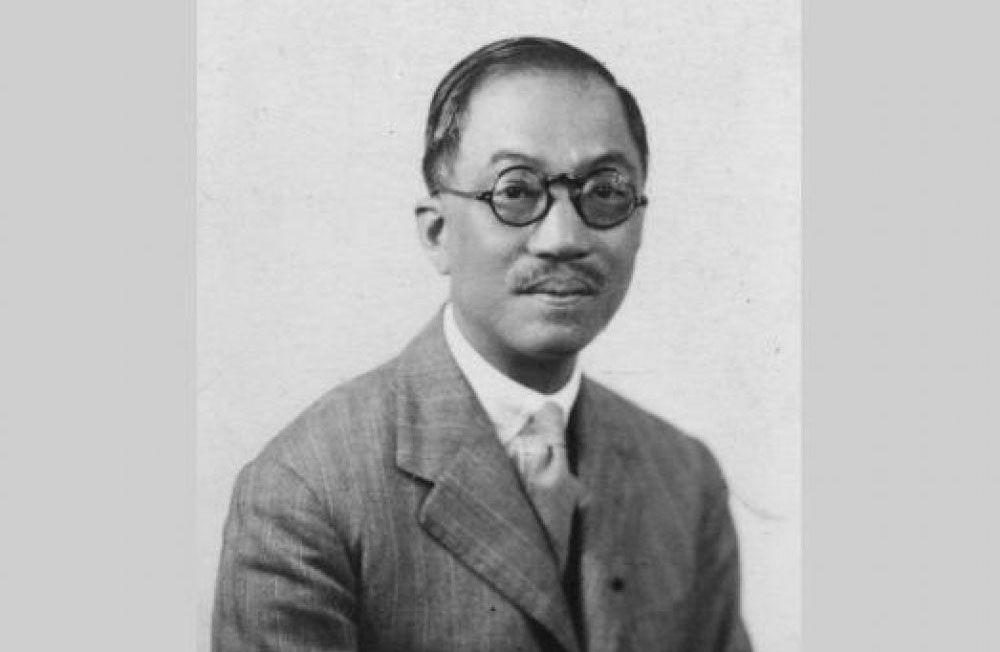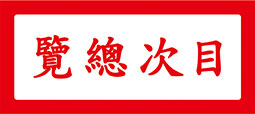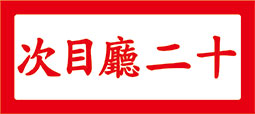Wang Ch’ung-hui (1881-1958), was one of the important figures in the founding of the Republic of China, a family friend of the Father of the Republic Dr. Sun Yat-sen (國父孫中山先生) and a constitutional and legal authority in early Republican era. His tzu was Liang-ch’ou (亮疇), a native of Tungkuan, Kwangtung province, but born in Hong Kong. His father Yü-ch’u (煜初) was a minister of the Chinese Rhenish Church Hong Kong Synod, his grandfather Yüan-shen (元深) was a preacher of the Chinese Rhenish Church as well. In his youth he studied at St. Paul’s College, Hong Kong, and graduated from Queen’s College, Hong Kong. In the 26 th year of the reign of Kuang-hsü (1900), he graduated from the law faculty of Pei-yang-ta-hsiieh-t’ang. The following year, he studied in Japan, and in the 29 th year of the reign of Kuang-hsü (1903), he was awarded master degree from the Yale Law School of Yale University, in the 31 st year of the of Kuang-hsü reign (1905), he was awarded doctorate degree from Yale Law School. In the same year, he joined the revolutionary party T’ung-meng Hui, after the Wuchang uprising in 1911, he was appointed representative of Kwangtung province. In the 1 st year of the Republic, when Dr. Sun Yat Sen formed the Provisional Government in Nanking, he was appointed minister of foreign affairs. When Yüan Shih-k’ai (袁世凱) was the provisional president, and T’ang Shao-I (唐紹儀) the prime minister, he was appointed attorney general. In the 11 th year of the Republic (1922), he was appointed provisional prime minister. The following year, he was appointed deputy judge of the Permanent Court of International Justice in the Hague. In the 17 th year of the Republic (1928), with the victory of the Northern Expedition, and the settlement of Nanking as the capital of the Nationalist Government, he was appointed president of the Judicial Yuan, and promulgated the Organic Law of the Nationalist Government. In the 20 th year of the Republic (1931), he was member of the Committee to Draft the Provisional Constitution for the Period of Tutelage of the Republic of China, in the 21 st year of the Republic (1932) he was appointed judge of the Permanent Court of International Justice in the Hague, and in the 22 nd year of the Republic (1933), he was member of the Committee to Review and Amend the Draft Constitution of the Republic of China. In the 23 rd year of the Republic (1934), he was member of the Construction Committee of the National Government of the Republic of China, the following year, he was member of the Central Supervisory Committee of the Chinese Kuomintang. In the 26 th year of the Republic (1937), shortly before the outbreak of the Sino-Japanese War, he was appointed minister of foreign affairs, in the 30 th year of the Republic (1941), he was appointed secretary general of the Supreme Council of National Defense. In the 32 nd year of the Republic (1943), he accompanied President Chiang Kai-shek to attend the Cairo Conference, and in the 34 th year of the Republic (1945) he was member of the Chinese delegation to attend the United Nations Conference on International Organization in San Francisco, and was a signator of the United Nations Charter. In the 35 th year of the Republic (1946), he was member of the Committee of the Constitutional National Assembly to Review the Draft Constitution, in the 37 th year of the Republic (1948) he was appointed president of the Judicial Yuan. With the fall of mainland China to the communists, he relocated to Taiwan, and in the 41 st year of the Republic (1952) he was president of Soochow University. His written works are The Collected Writings of K’un-Hsüeh Chai (困學齋文存 K’un-Hsüeh Chai Wen-Ts’un 1957), The Essence of the Constitution of the Republic of China (中華民國憲法芻議 Hsien-Fa Ch’u-I 1913), his work of translation is The German Civil Code (1907).
- Mission
- Chamber Lu-pi
- Boat Pavilion T'ien-chi
- Grotta Lang-huan
- Feretory Tao-tzu
- Perusals in the Studio of Prunus Ode
- Eminent Chinese and Artefacts of the Ch’ing Dynasty
- Eminent Chinese and Artefacts of the Republic of China
- The Cultural World of a Ci Poet
- The Scholarly World of a Literatus
- The Political World of a Statesman
- Tea, Wine & Poetry : Drinking Vessels of the Literati
- Intimate Stories of Calligraphic and Painterly Engravings
- Voyage of Sinology from East to West
- Cultural Adventure
- Support
- Contact





